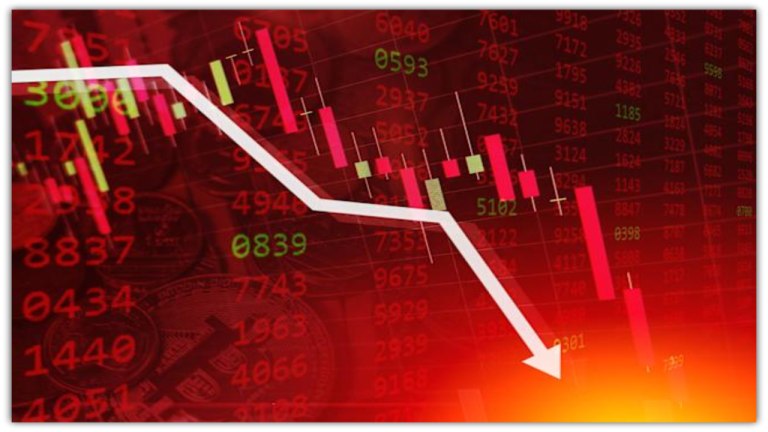U.S. Oil Prices Drop Over 4% After OPEC+ Says It Will Pump More Oil in June
Oil prices in the U.S. took a big hit over the weekend, falling more than 4% after some of the world’s biggest oil-producing countries, known as OPEC+, announced they plan to start pumping out more oil starting in June.
This news caught the market by surprise and led to a quick drop in oil prices, raising concerns about too much supply and not enough demand.
What Exactly Happened?
OPEC+ is a group made up of countries like Saudi Arabia, Russia, and others that work together to control oil production. On Sunday, they said they will begin increasing how much oil they produce next month.
This means they’re easing off the production cuts they had in place for a while — cuts they had used to help keep prices stable. Now, with this change, some of the countries in the group could end up producing millions more barrels of oil every day over the coming months.

How Did the Market React?
Right after the announcement, oil prices in the U.S. dropped sharply. West Texas Intermediate (WTI), the main U.S. oil price benchmark, fell more than 4% and settled at around $55.80 a barrel. Brent crude, the global benchmark, also went down, landing at about $59.15 per barrel.
This comes after a rough month for oil prices in April, where U.S. oil saw its biggest monthly drop since late 2021 — over 18% down in just one month.
Why Is OPEC+ Doing This?
There are a few reasons. For one, some countries in the group had already been pumping more oil than they were supposed to. Instead of cracking down, OPEC+ seems to be adjusting the rules to match what’s already happening.
Also, politics might be playing a part. Some experts think this decision could be linked to international pressure — like from the U.S. government — to help lower gas prices, especially with big diplomatic visits and elections on the horizon.
What Does This Mean for the Rest of Us?
More oil in the market usually leads to lower prices at the pump, which is good news for drivers. But if prices fall too much, it can hurt oil companies and energy jobs, especially in places like Texas and North Dakota.
It also adds some uncertainty to the global economy. If oil prices keep falling, it could shake up energy markets, impact stock prices, and create challenges for countries that rely heavily on oil exports.
What Happens Next?
OPEC+ says they’ll keep an eye on things and could change course if needed. If prices fall too far or demand suddenly picks up, they might slow down production again. But for now, it looks like they’re sticking with the plan to boost supply — and that likely means cheaper oil for a while.






